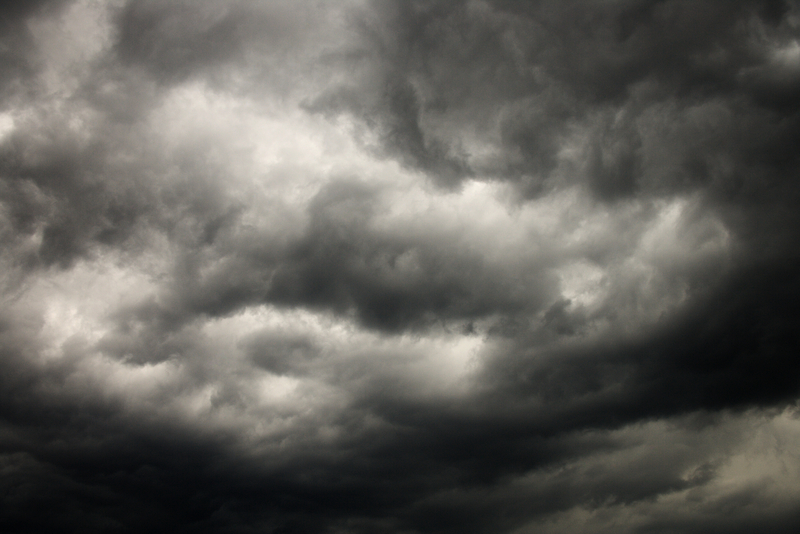As the seasons change, the threat of storms and inclement weather becomes a reality for many homeowners. Being prepared for storm season is not just about protecting your property, but also ensuring the safety and well-being of your loved ones. If you’re entering your first storm season in a new home, there are essential steps you can take to safeguard your home and family.
Check Your Insurance Coverage
One of the most crucial steps before storm season is to review and ensure you have adequate insurance coverage. Homeowners insurance plays a pivotal role in protecting your property from potential storm-related damages. Take the time to carefully read through your policy and understand what it covers. Some policies might exclude specific types of damage, such as flooding or wind-driven rain. If you live in an area prone to hurricanes or severe weather, it’s wise to consider supplemental insurance, such as flood insurance or windstorm coverage. Being proactive about your insurance coverage ensures that you’re financially protected in the event of storm-related damages. It’s important to familiarize yourself with your policy’s deductible amount. This is the amount you are required to pay before your insurance kicks in. Put enough money aside in an emergency fund to cover this amount so that you have the funds available when needed.
Take Preventive Measures
Storms can cause serious damage to your roof and windows. Before the storm season arrives, it’s important to take preventive measures to fortify your home. Inspect your roof for any signs of wear and tear, such as loose shingles or damaged flashing. Make necessary repairs to ensure that your roof can withstand strong winds and heavy rainfall. Additionally, reinforce your windows with storm shutters or impact-resistant glass. Trim any overhanging branches that could potentially damage your home during a storm. By addressing these vulnerabilities in advance, you minimize the risk of extensive damage to your property. Consider stocking up on emergency supplies. Always have a supply of non-perishable food and bottled water in case of power outages. Gather flashlights, batteries, first aid kits, and other items that could be useful during an emergency.
Make an Emergency Plan
In the event that a severe storm requires evacuation, having a well-thought-out emergency plan is essential for the safety of your family. Identify a safe location where you can seek shelter if you need to evacuate your home. Make sure everyone in your household knows the plan and understands how to execute it. Prepare an emergency kit with essentials such as non-perishable food, water, medications, flashlights, batteries, and important documents. Communicate your plan with neighbors and friends so they know how to reach you and offer assistance if needed. Being prepared for an evacuation ensures that you can respond quickly and efficiently in the face of an impending storm. If you live in a hurricane-prone area, consider purchasing flood insurance to provide additional financial protection in the event that your home is damaged.
By addressing these aspects proactively, you’re not only safeguarding your home but also prioritizing the safety and well-being of your loved ones. These measures offer practical guidance to navigate storm season with confidence and resilience.
Did You Enjoy Reading This Article? Here’s More to Read: What to Do With Assets You Inherit


